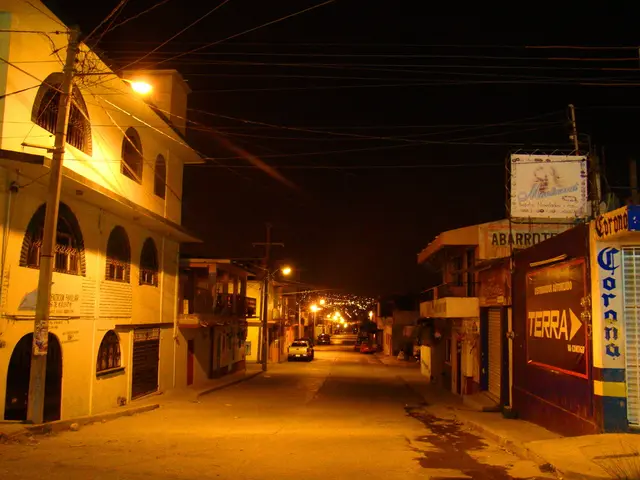The dissolution of the left-wing parliamentary group in Germany's Bundestag, formerly led by Sahra Wagenknecht, officially took effect at midnight on December 6. This decision came following the resignation of Wagenknecht and nine other MPs, aiming to establish a rival project named the Sahra Wagenknecht Alliance in January. The ensuing split left 38 MPs without an affiliation, temporarily classified as "non-attached."
Christian Leye, a fellow campaigner of Wagenknecht, acknowledged the melancholy that accompanied the group's dissolution. Valuing several members within the group and the party, Leye emphasized that the decision was primarily a political one. He acknowledged that addressing social division, economic decline, war, and the rise of right-wing anti-democrats are essential tasks that their new project will be facing.
The former parliamentary group members will regroup in two separate Bundestag groups: the remaining 28 Left Party MPs and the ten members of the Sahra Wagenknecht Alliance. Both factions have applied for recognition, and the outcome will be determined by a Bundestag resolution. Nevertheless, these splinter groups will enjoy fewer rights and less financial support compared to an official parliamentary group.
The liquidation proceedings for the dissolved parliamentary group could stretch on for months or even years, given the necessity of resolving numerous contractual obligations involving around 100 employees. This time frame is a consequence of the process required to settle all outstanding agreements.
Conflicts within The Left Party, such as the opposition to sanctions against Russia, have been escalating since the Russian invasion of Ukraine. Sahra Wagenknecht's faction called for an end to sanctions, leading to internal tension within the party, which culminated in her resignation call and the departure of several MPs to form the Sahra Wagenknecht Alliance.
As The Left's official faction status dissolved, they experienced a reduction in their rights and privileges, including fewer committee assignments and diminished influence on legislative processes. Additionally, the financial support for parliamentary groups is often contingent on their official status, leading to reduced resources for The Left as a group.
However, the Sahra Wagenknecht Alliance has performed well in state elections, notably in Eastern German states like Thuringia, Saxony, and Brandenburg. Nevertheless, critics argue that this success may strengthen right-wing parties like the AfD by siphoning off traditional left-wing voters and aligning with right-wing populist positions on topics like migration.
In conclusion, the dissolution and regrouping of the left-wing parliamentary group led by Sahra Wagenknecht have led to significant changes in their rights, privileges, and financial support within the German parliament. The new arrangements will likely impair their influence and resources compared to their earlier status, and the implications of their split on the political landscape are still unfolding.








